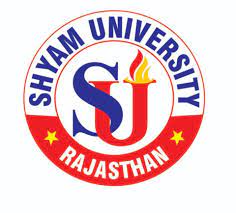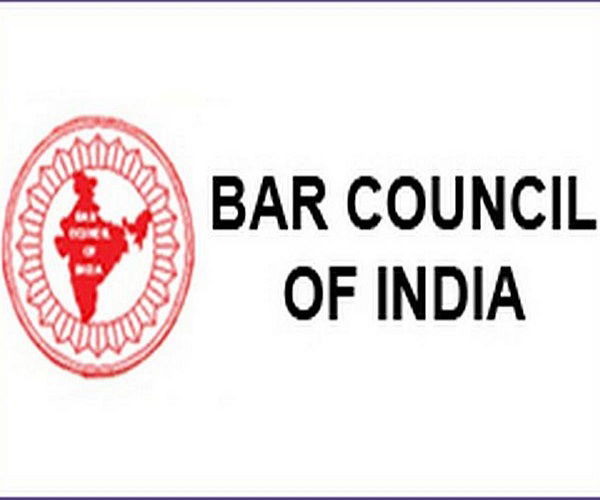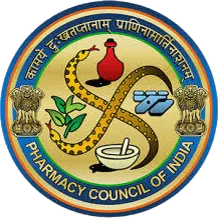Accreditation and Ranking
Shyam University takes pride in its strong affiliations and approvals, which underscore its commitment to delivering quality education and adhering to national standards. Here are some key affiliations and approvals that contribute to Shyam University's credibility and recognition
Affiliation with AICTE (All India Council for Technical Education):
Shyam University's affiliation with the All India Council for Technical Education (AICTE) is a testament to its commitment to providing high-quality technical education. AICTE, as the apex regulatory body for technical education in India, sets rigorous standards and guidelines to ensure the quality and relevance of engineering and technical programs across the country. By being affiliated with AICTE, Shyam University demonstrates its dedication to upholding these national standards and fostering excellence in technical education.
The affiliation with AICTE brings several benefits to Shyam University's technical education programs. Firstly, it ensures that the curriculum and course offerings align with the latest industry trends, technological advancements, and emerging areas of importance in the field of engineering and technology. This ensures that students receive education that is relevant, practical, and prepares them for the challenges of the modern workforce.
Secondly, AICTE affiliation enhances the credibility and recognition of Shyam University's technical degrees. Graduates from AICTE-affiliated institutions are often preferred by employers due to the assurance of quality education and adherence to national standards. This opens up diverse career opportunities for Shyam University's engineering graduates and enhances their employability in both domestic and international job markets.
Furthermore, affiliation with AICTE provides access to various initiatives, grants, and resources aimed at enhancing the quality of technical education. This includes faculty development programs, research funding, and infrastructure development grants, which contribute to the overall growth and development of Shyam University's engineering faculty, facilities, and research capabilities.
Affiliation with PCI (Pharmacy Council of India):
The affiliation with PCI brings several key benefits to Shyam University's pharmacy programs:
-
Quality Assurance: PCI accreditation signifies that Shyam University's pharmacy programs adhere to high-quality standards established by the regulatory body. This assures students, parents, and stakeholders that they are receiving education of the highest caliber.
-
Industry Recognition: Graduates from PCI-affiliated pharmacy programs are widely recognized and respected within the pharmaceutical industry. Employers value degrees from accredited institutions like Shyam University, enhancing graduates' employability and career prospects.
-
Enhanced Curriculum: PCI's guidelines help shape the curriculum of Shyam University's pharmacy programs, ensuring that students receive comprehensive and relevant education that aligns with industry requirements and advancements in pharmaceutical sciences.
-
Professional Development: PCI affiliation also opens doors for students to participate in various professional development opportunities, such as internships, workshops, and seminars, organized by the regulatory body and its network of industry partners.
-
Regulatory Compliance: Adhering to PCI standards ensures that Shyam University's pharmacy programs comply with all regulatory requirements, including infrastructure, faculty qualifications, student-faculty ratios, and academic resources. This helps maintain the integrity and credibility of the institution.
Affiliation with NCTE (National Council for Teacher Education):
Shyam University's affiliation with the National Council for Teacher Education (NCTE) underscores its commitment to maintaining high standards in teacher education. As the statutory body responsible for overseeing teacher education programs and regulating the teaching profession in India, NCTE plays a crucial role in ensuring the quality and effectiveness of teacher training programs across the country. By being affiliated with NCTE, Shyam University demonstrates its dedication to upholding these standards and providing quality teacher education to its students.
The affiliation with NCTE brings several benefits to Shyam University's teacher education programs. Firstly, it ensures that the university's teacher training curriculum and methodologies adhere to the guidelines and standards prescribed by NCTE. This includes aspects such as curriculum design, pedagogy, assessment practices, and practical training requirements, all of which are essential for producing competent and effective teachers.
Secondly, NCTE affiliation enhances the credibility and recognition of Shyam University's teacher education degrees. Graduates from NCTE-affiliated institutions are widely recognized and respected within the education sector, making them more competitive in the job market. Employers prefer candidates who have undergone rigorous training in accordance with NCTE standards, as it ensures that they possess the necessary knowledge, skills, and competencies to excel in their teaching careers.
Government Approval:
Shyam University's recognition and approval by the government of Rajasthan underscore its adherence to state-level regulations and standards for higher education. This endorsement enhances the credibility and legitimacy of the university's educational offerings and operations, fostering trust among students, parents, and stakeholders alike.
Government approval is a testament to Shyam University's commitment to providing quality education and conducting its activities in accordance with established norms and guidelines. It signifies that the university has met the stringent requirements set forth by the state government, including infrastructure standards, faculty qualifications, and academic rigor.
For students and parents, government approval offers assurance that Shyam University's programs meet the necessary criteria for delivering a sound education. It provides a level of confidence in the university's ability to impart knowledge, develop skills, and prepare students for future endeavors.
Additionally, government recognition lends credibility to the degrees and certificates awarded by Shyam University, as they are recognized and accepted within the state of Rajasthan and beyond. This is particularly important for students seeking employment or further education opportunities, as they can be confident in the value and validity of their qualifications.

 Dausa, Rajasthan
Dausa, Rajasthan
 Private University
Private University
 2018
2018
 UGC, AICTE, AIU, NCTE, BCI, PCI
UGC, AICTE, AIU, NCTE, BCI, PCI








 back
back